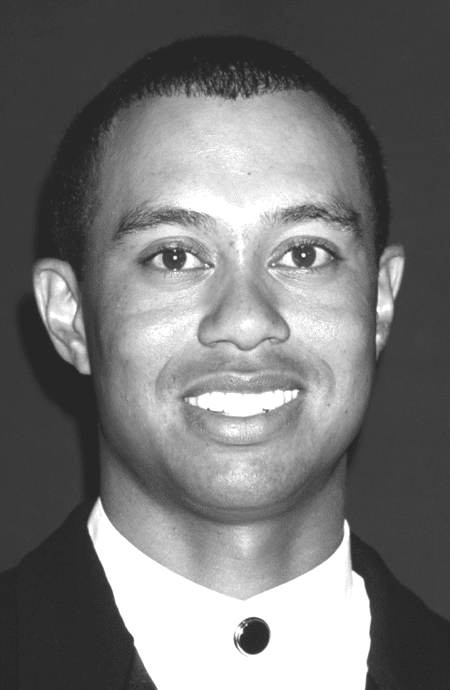
Sports psychologists are recognizing that excellence in sports is more mental than physical. In his book Empowerment: The Competitive Edge in Sports, Business & Life, psychologist Gene Landrum profiled 13 of the world’s greatest athletes, from Jim Thorpe to Michael Jordan and Tiger Woods. In his in-depth study of the personality and cerebral qualities that led to their success, he discovered that they possessed the same qualities as those of Steve Jobs, Jeff Bezos, and Elon Musk who had succeeded as entrepreneurs. Among those characteristics were a passionate commitment to a goal, a high propensity for risk-taking, an unrelenting effort, and the ability to visualize the achievement of their goals.
Arnold Schwarzenegger, seven-time winner of the Mr. Olympia title, who built one of the greatest physiques through gruelling workouts, once observed, “When the going gets tough, it’s always the mind that fails first, not the body.” Indeed, it’s the mind that drives and guides the body, but what is this mental component possessed by the athletic phenoms who rise above all others in performance and achievement, and how is it acquired?
In a previous series of three posts, I shared what we have learned from soccer phenom, Pelé, hockey star Wayne Gretzky and golf icon Tiger Woods about the role of the brain in exceptional athletic performance. Although there is not a high correlation between IQ and exceptional performance in sports, there is a strong connection between the brain training and physical performance. IQ measures mainly what Daniel Kahneman (See: Kahneman, Daniel. 2011. Thinking, Fast and Slow. New York. NY: Random House. ) describes as “System 2 thinking.” This is best described as the kind of slow rational thought that is involved in doing mathematics or formulating concepts or ideas. Athletics, on the other hand, involves what Kahneman describes as “System 1 thinking.” This is the kind of quick reflex action that results from years of practising and internalizing the execution of physical procedures until they become automatic. Divers practice their dives relentlessly and golfers practice their swings ad infinitum, until these physical movements become automatic. Golfers know that thinking during a swing leads to trouble because it interferes with the brain’s acquired knowledge of how to execute a particular action.
The great athletes are those who have the personality skills to work relentlessly toward the acquisition of these “System 2” learnings. Although our inherited DNA provides us with different athletic potential, the personality qualities, including passion, tenacity, risk-taking, competitiveness, and self-efficacy are the qualities that transform athletes from “good” to “great.”
